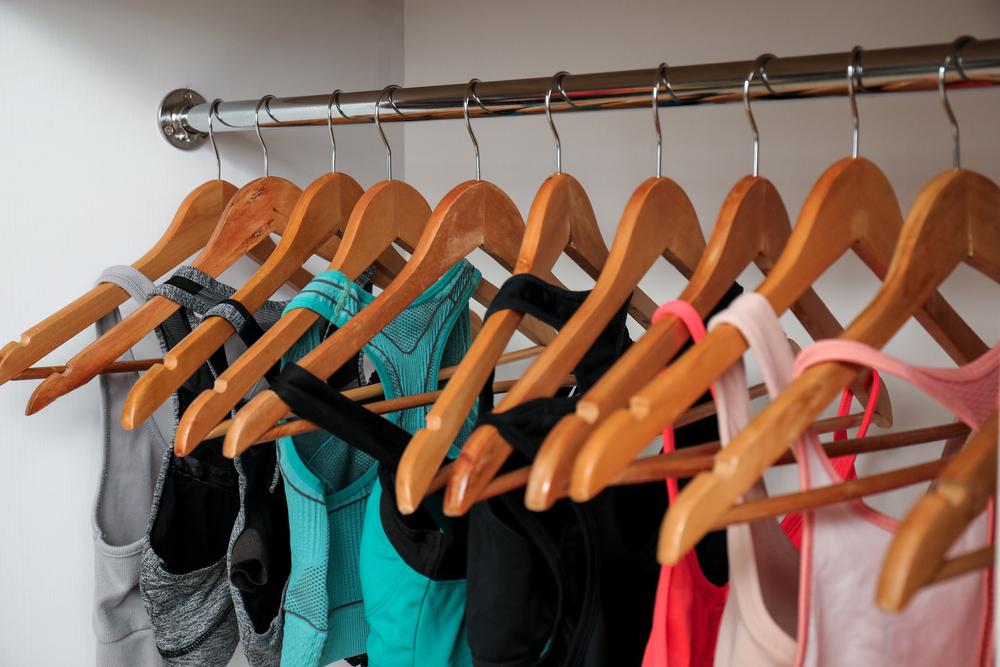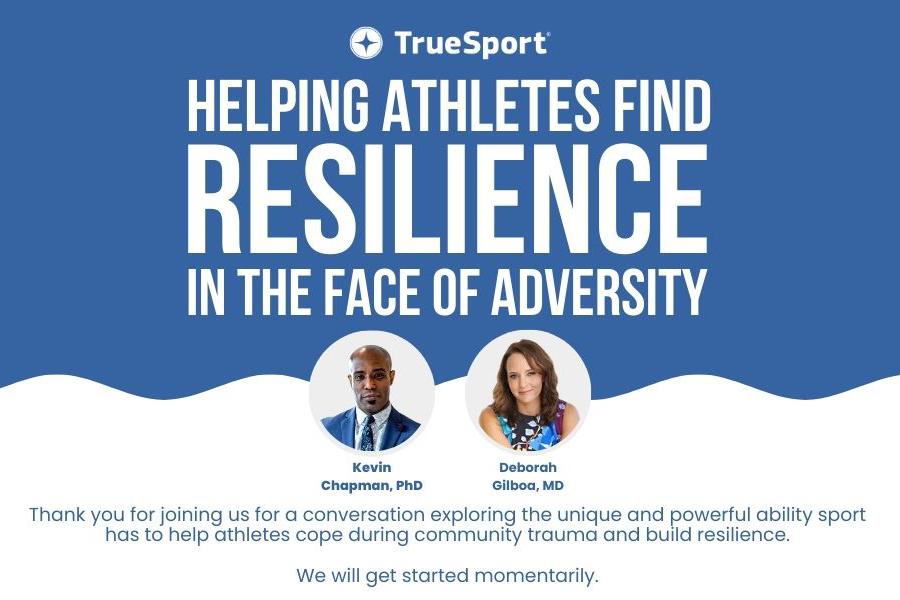Social media, definitely, can have a negative impact on body image. And I think we’re seeing that a lot more often now with technology advances. And I think even more recently, with quarantine and everyone just being so much more connected to their devices. One of the biggest things that I think about is just the shifts that happen with the importance of how we see ourselves, and then allowing others’ perceptions to influence this view, with social media. So it’s really changed our own self-perception a lot.
It’s important to know, much of what we see is Photoshopped, edited, changed in some way, shape or form, really, to meet this ideal, but really just still adds to more comparison, more competition tendencies amongst either followers or influencers, shows, accounts, whatever that is that social media presence has that’s really influencing somebody’s view on their body image. It’s when impressionable and really developing minds see this, that they’re sponges and they absorb it all. And it really just kind of influences that belief that we can actually change their body in some way, shape or form to be seen differently. Often the belief is, it would be more positive and that it’ll be sustainable, and it’s really not.
Parents are so crucial when it comes to mitigating the effects of social media. Knowing what they’re looking at, knowing their patterns, maybe being aware, or being curious with them about what they say in response to, maybe, somebody they’ve seen or a post or who they’re following, and building some awareness around what they view as the standard or who they’re looking up to. One’s identity is so much more, and so much broader, than just looks and physical appearance and that body image piece. So this is important because, I think, parents very much can role model this to their kids. Kids are going to be watching, who are they following? Who are they talking about? More importantly, how are they talking about this in relation to themselves too?
So be curious with them instead of shaming them, if they do follow someone that you see as a negative influence on their body image or their self-worth. I think they’ll be more open to keeping you as a support, or someone to talk to, if they feel that that’s a really open line, and really accepting line. If we have somebody who’s already struggling and is really treating their body in a way, when it comes to food or exercise, under fueling, using any type of [inaudible] behaviors, overexercising not getting enough energy. That would be one that would have that red flag around like, if you continue to follow these people who are doing the same things, you might be going down a path that’s really detrimental.
We don’t know the background and the history of a lot of these people that we’re watching who are really into fitness or really encouraging certain patterns or habits or lifestyles. So, to assume that we’re going to be okay doing the same is a bit naive, and we have to be careful around that. So I always say look at the intention behind that. If it’s your kids as well, of course, you’re going to be closely monitoring. Responding to negative body image comments is really challenging. And I think for parents, it’s important to recognize there’s no right or wrong way to frame a response. Nobody is perfect at this by any means. And it’s going to take trial and error, learning what works, and absolutely what doesn’t work too.
So, I think the first part is just acknowledging the frustration that your daughter might be going through, and a son could easily say this as well. Just acknowledging what they’re going through, their frustration, they’re upset. Normalizing that it probably feels like it’s out of your control or feeling out of control, especially during times like puberty or where there are developmental shifts that are happening that are, to an extent, out of our control.
And remind her that nobody likes every part of their body. The goal is, especially, if we’re thinking about, even in like long-term eating disorder recovery, nobody ever is going to love their body a hundred percent. There’s always going to be little things that they wish to change. But the hope is that they start to give the parts of their body that they don’t like, or in this instance, I hate my thighs. Trying to give the thighs less power and control. And asking her, “What do you value in your friends?” Try and kind of reverse the roles a bit. If your friend so-and-so said that they hated themselves because of this aspect of their body, would you still have that same reaction? Or would you tell that friend that your thighs are your thighs. They allow you to do really great things. And they allow you to run or play sports or run to give somebody a hug. I mean, these are really important things in life too. So I always remind parents, and encourage them, to help their kids reverse those roles a bit.
It’s important to remember that we have this very distorted view of ourselves that we truly, individually, will never be able to see what we look like. We can get feedback from other people. We can look in a mirror, but that’s only a reflection. We have 2D, 3D images, of course, and then other people to describe to us what we look like. But we never actually can see what we look like. And so I think that’s an important thing to remember, that when we think about the negative impact social media has on our body image, we’re trying to change something that we truly can’t actually see ourselves.
When we look back, we want to look back at our life and hope that our kids look back and say I spent my life doing the things I really loved, instead of I spent my life chasing this dream, a particular number or body shape, weight size, my teammate, my neighbor, my friend, my mom, but that I was just really happy in my body. And when I say really happy, it’s not all the time, but most of the time, and that it didn’t take away or interrupt from being able to just live an authentic life.



